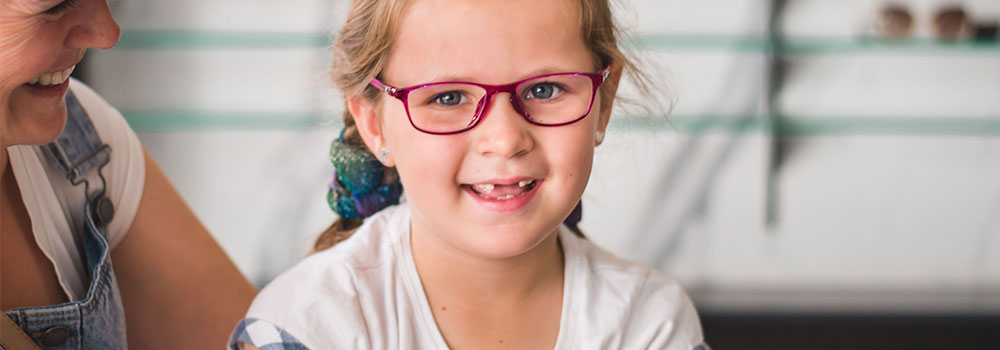
Childrens Optometry at Young Eyes
At Young Eyes, we recognise that children, lacking the perspective of adult experience, often believe their vision is the same as everyone else's. When assessing their eyesight, we take this into consideration.
Some children may see adequately but still have difficulty with reading and interpretative tasks. This may require assessment by an experienced behavioural optometrist to detect the problem and prevent delayed learning.
80 per cent of our information that we gain comes through our eyes. So it is especially important that your child’s vision is assessed during their schooling years. Poor vision can lead to learning difficulties, clumsiness and even affect personality development.
The most common vision problems in children are those affecting the ability to see clearly and sharply and include:
Myopia or Short-sightedness: is a condition in where children can see clearly at short distance, but not able to see distant objects.
Hyperopia or Long-sightedness: results in blurred vision at short distances.
Astigmatism: produces blurred vision at all distances.



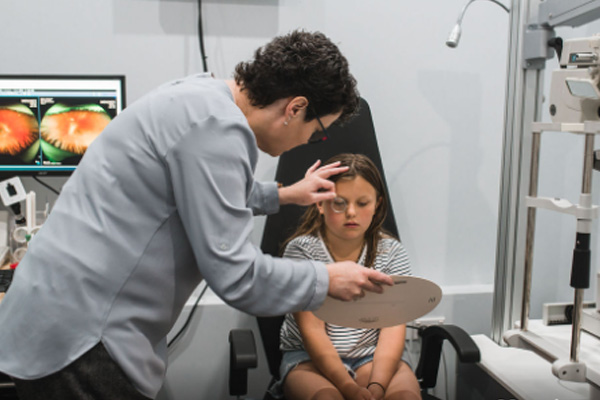
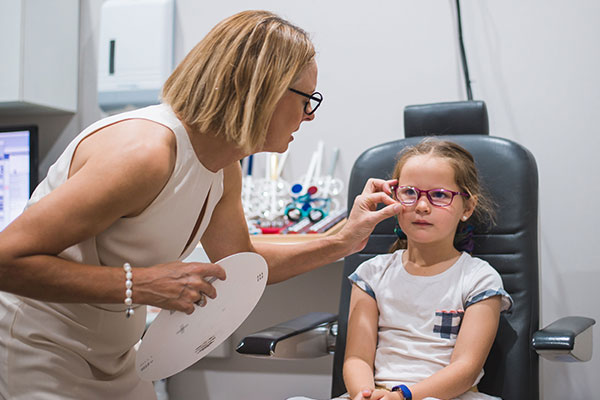
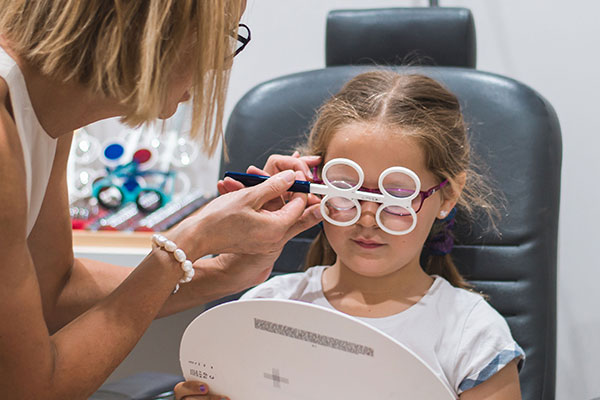
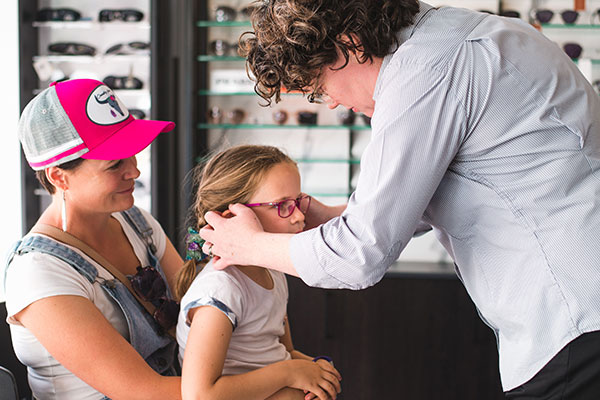
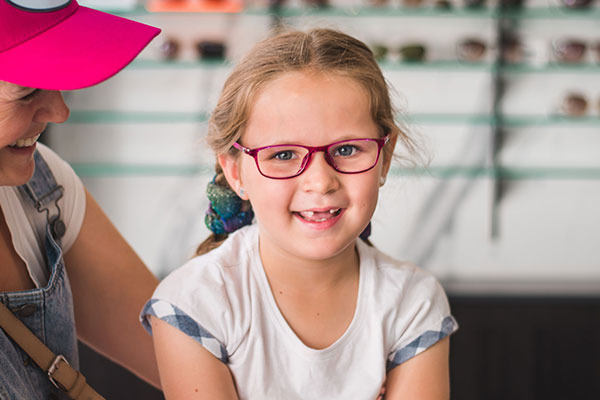
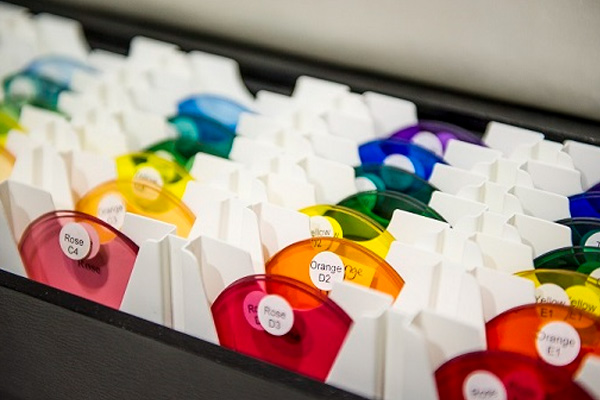
 Buy Contact Lenses
Buy Contact Lenses Book an Appointment
Book an Appointment